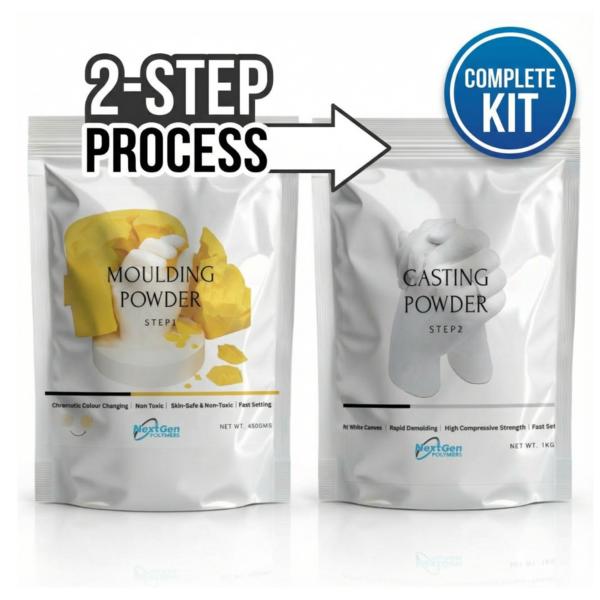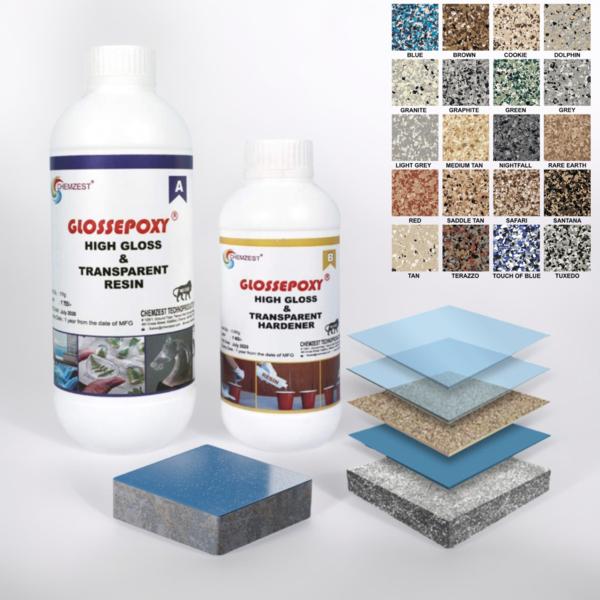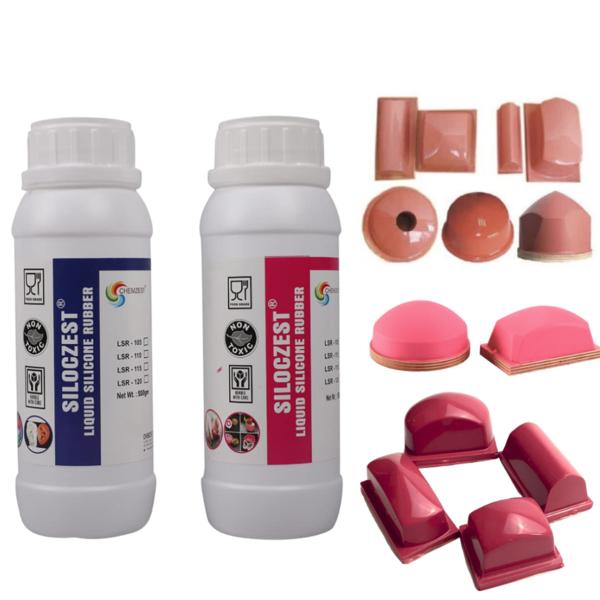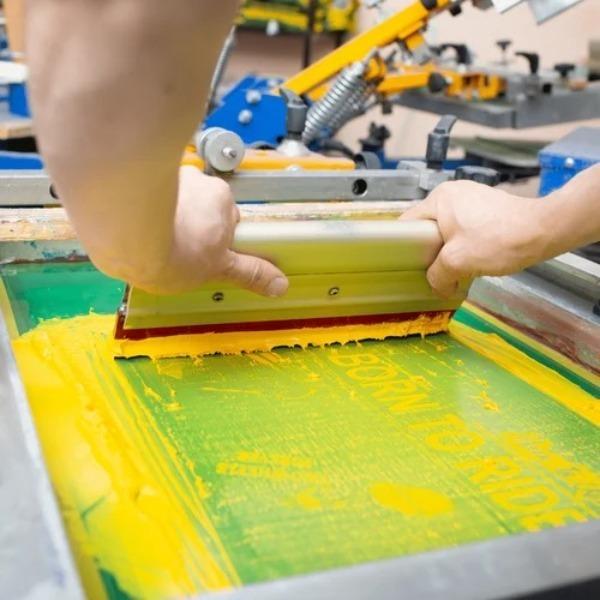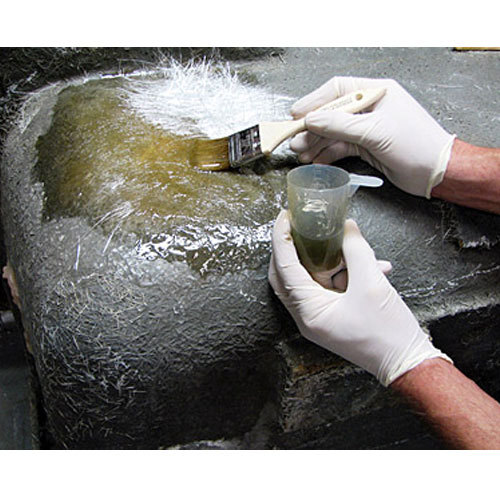
Fiber resin is a composite material commonly used in various industries due to its strength, durability, and lightweight properties. Here's a brief overview of fiber resin:
### Fiber Resin Overview
**1. Composition:**
- **Fibers:** Typically made from materials like glass (fiberglass), carbon (carbon fiber), or aramid (Kevlar). These fibers provide tensile strength and rigidity.
- **Resin:** Acts as a matrix to bind the fibers together. Common resins include epoxy, polyester, and vinyl ester. The resin helps to distribute stress and protect the fibers from environmental damage.
**2. Properties:**
- **Strength-to-Weight Ratio:** Fiber resin composites are strong yet lightweight, making them ideal for applications where weight reduction is crucial without compromising strength.
- **Durability:** Resistant to corrosion, chemicals, and environmental degradation, ensuring longevity in various conditions.
- **Flexibility:** Can be molded into complex shapes and structures, offering design versatility.
**3. Applications:**
- **Automotive Industry:** Used in body panels, chassis components, and interiors to reduce weight and improve fuel efficiency.
- **Aerospace:** Essential for constructing aircraft components, such as fuselage and wings, due to the high strength-to-weight ratio.
- **Marine:** Utilized in boat hulls, decks, and other structural components for their resistance to water and corrosion.
- **Sports Equipment:** Common in high-performance sports gear like bicycles, tennis rackets, and golf clubs.
- **Construction:** Employed in building materials like panels, beams, and reinforcements for their durability and design flexibility.
### Advantages of Fiber Resin
- **High Performance:** Offers exceptional mechanical properties, making it suitable for demanding applications.
- **Lightweight:** Contributes to energy efficiency and easier handling.
- **Corrosion Resistance:** Ideal for use in harsh environments.
- **Customizable:** Can be tailored to specific requirements through variations in fiber type, resin type, and manufacturing processes.
### Challenges
- **Cost:** High-quality fiber resins, particularly carbon fiber composites, can be expensive.
- **Manufacturing Complexity:** Requires specialized processes and equipment, which can increase production time and cost.
- **Repair and Recycling:** Can be challenging to repair and recycle compared to traditional materials.
Fiber resin composites continue to evolve, with ongoing research and development aimed at improving their properties and expanding their applications.
FOR MORE INFO 8050657801 / 8884343524


